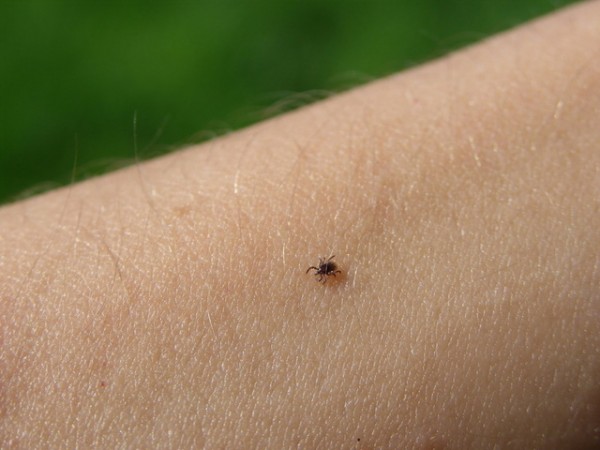Schedule The Mosquito Guy to Spray Your Backyard for Unwanted Mosquitos, Ticks, Spiders, Stink Bugs & Other Flying Insects
Protect your "Staycation" Location
As events cancel left and right because of coronavirus, millions are left taking spontaneous “staycations.” They’ve also been reacquainted with an all-too-regular outside guest: mosquitoes.
Attack of the Japanese Beetle Bug
If your property has random dead patches, or leaves on your trees look like someone attacked them with a scissors, chances are you can point the finger at Japanese beetles.
Flying Bugs, Spiders & Insects Are NOT The Type of Company You Want On Your Watercraft This Summer
Come late spring or early summer, you probably can't wait to get out on your fishing boat. Be aware that you might have some uninvited company.
Latest Wisconsin Pest: Brown Marmorated Stink Bug
The hits just keep coming, in the form of more unwelcomed six-legged visitors whose real home is across the waters.
A surge of offensive bugs has washed over our Ozaukee County neighborhood Pewaukee and Wisconsin in the past two decades: the Japanese beetle and gypsy moth to name a few. All are native to foreign countries. All have caused environmental and economic havoc in the United States, where no natural predators exist to control them.
Do All The Spider Webs Make You Feel Like You Live In A Haunted House?
Tired of having to continually spray webbing off the side of the garage? Or, worse yet, power wash or paint every few years to get rid of accumulated webs?
Ick! That Small Insect Could Be A Tick
Something moving on your body usually causes a variety of reactions: annoyed at best, downright scary at worst.
In a world of uninvited crawling critters, ticks might be the most unwelcome of all.
More is Really Less for Mosquito Repellent Spraying
Occasionally, believe it or not, more is truly less. Mosquito repellent spraying is a prime example.
Ponder fertilizing your lawn. Do you really need six or seven applications? Of course not. Starter fertilizer in the spring, weed and feed in summer, and winterizer in the fall. Any more, and you risk doing more damage than good.
Ticks Can Spread Lyme Disease
Ticks are disgusting insects. They can be hazardous, too. The pinhead-size deer tick (one of two tick species in this area) can harbor Lyme disease.
A Non-Toxic Backyard Treatment to Safeguard Against Ticks
The Mosquito Guy's green and safe backyard treatment will keep away ticks which can carry Lyme disease but will not harm kids, bees, butterflies or earthworms.
Lake McHenry


